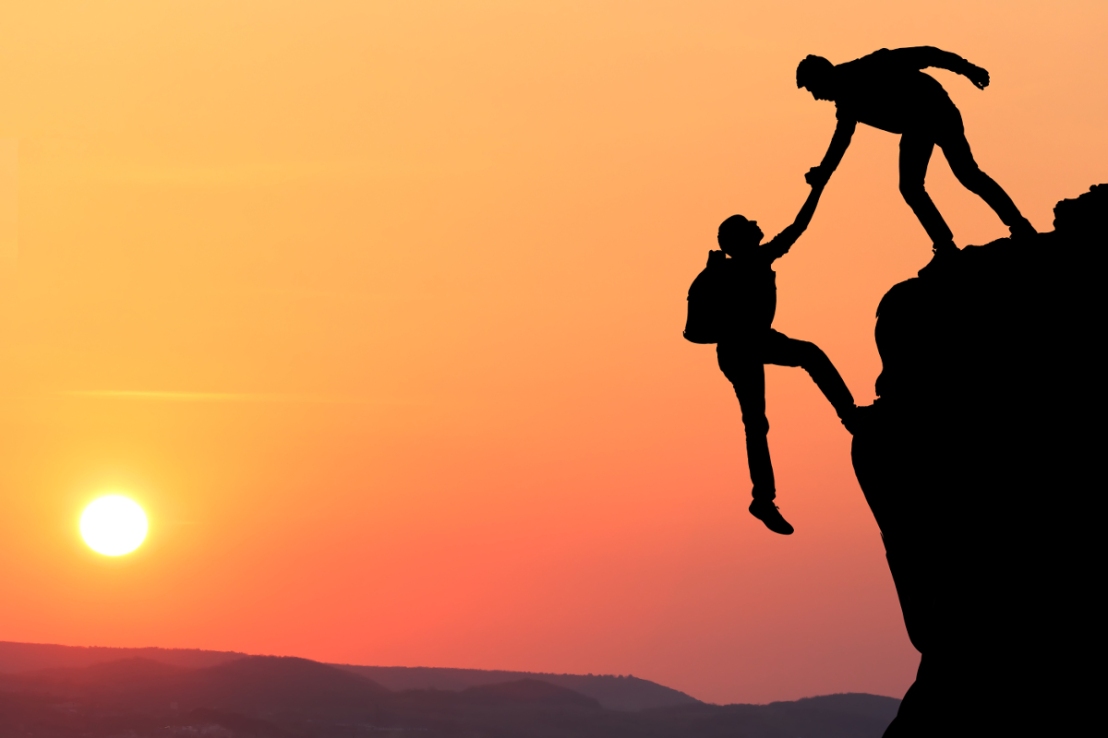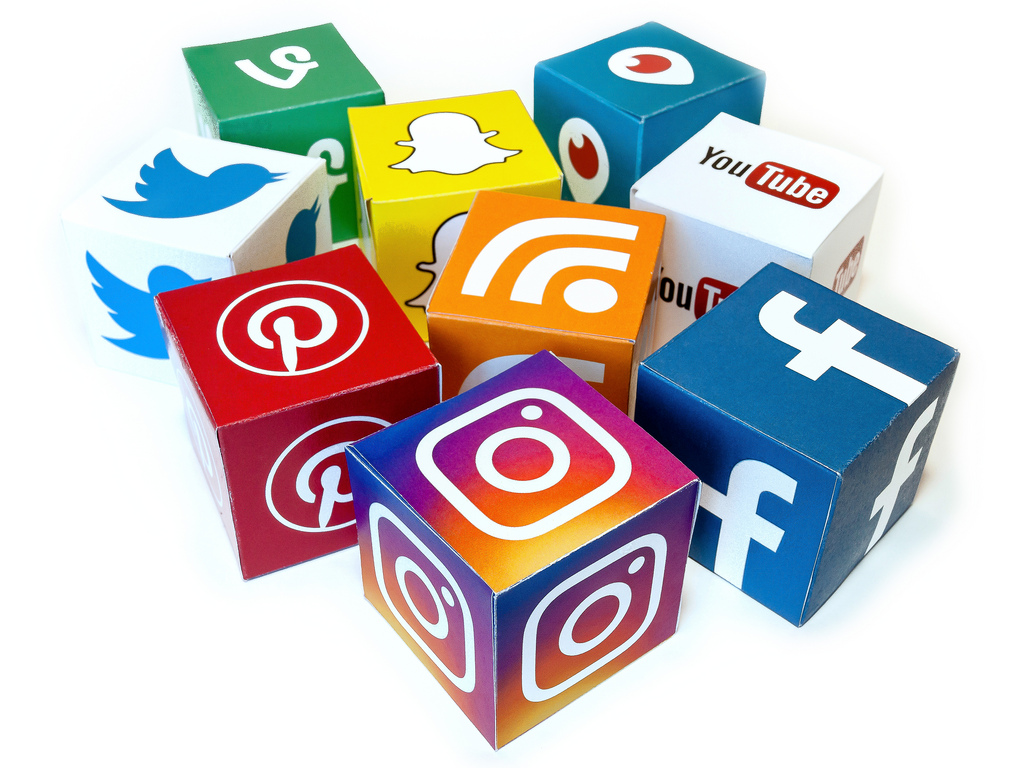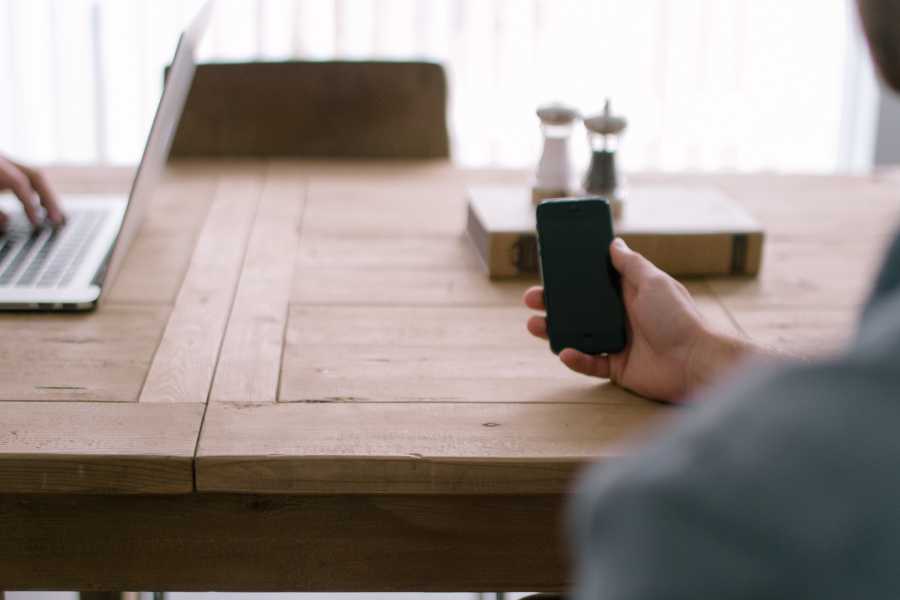The influence of social media on elections and people’s opinions has become a hot topic following the recent presidential election. New evidence suggests that other countries, particularly Russia, used social media (Facebook, Instagram, Twitter, etc.) to influence who people would vote for. By posting false or skewed information, Russia was able to sway people in the direction of the candidate that they wanted to be elected. Thus, this occurrence raises a question. Is there anything social media companies can do about false information being posted or other countries meddling in events that they shouldn’t be? The answer to this tough question is yes and no. On the one hand, the answer to this question would be no because there is just too much information to be read through and monitored that it would take too much time, money, and effort that companies would never do unless forced by the government. However, on the other side of things, the government, in particular, the NSA and CIA, does have the ability to monitor millions of accounts and access where posts are coming from and can stop certain posts from making it online. But this also raises another question. Is it moral to spy on people and certain accounts and watch what these people are posting? The answer to this question may lie within literature that is much older than social media.
In the play Hamlet during Act 2 Scene 1, Polonius, who is essentially the chief of staff within the castle, orders two of his workers to spy on Hamlet because he has been acting strangely. They attempt to spy on him by speaking and engaging with him. However, it becomes obvious to Hamlet that he is being spied on. And once he realizes that he is being spied on, he does not act strangely around the two servants. Therefore, if people, especially other meddling countries, knew that they were being watched/spied on when posting on social media, maybe it would change what they post for the better. Hopefully, these accounts would be more conscious of what they are posting and not post false information used to sway people’s thoughts in the wrong direction. Furthermore, by cleaning social media, it may also lead to a more educated population because eventually, everything that people see on the internet would be true and there would be no doubt of that.



